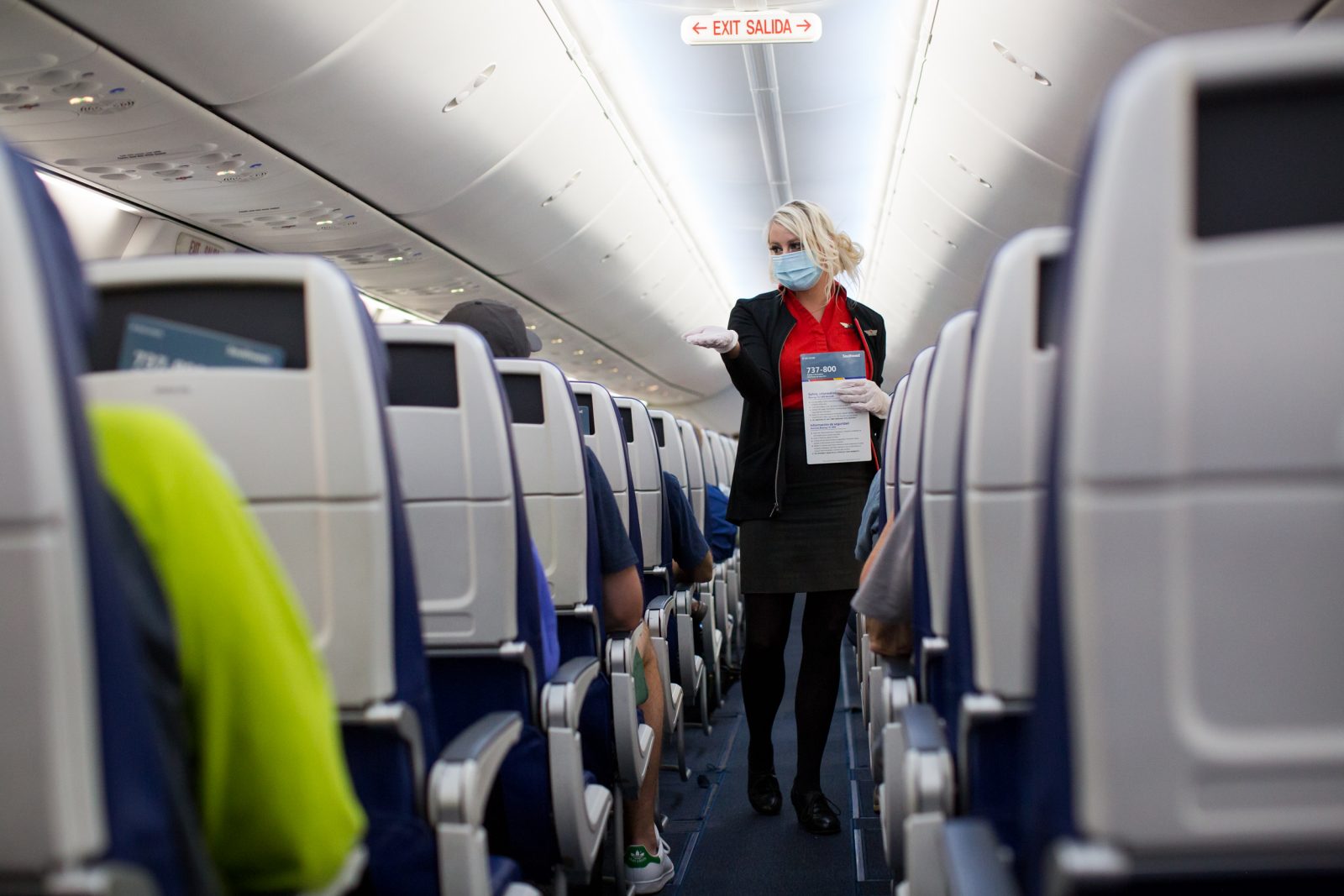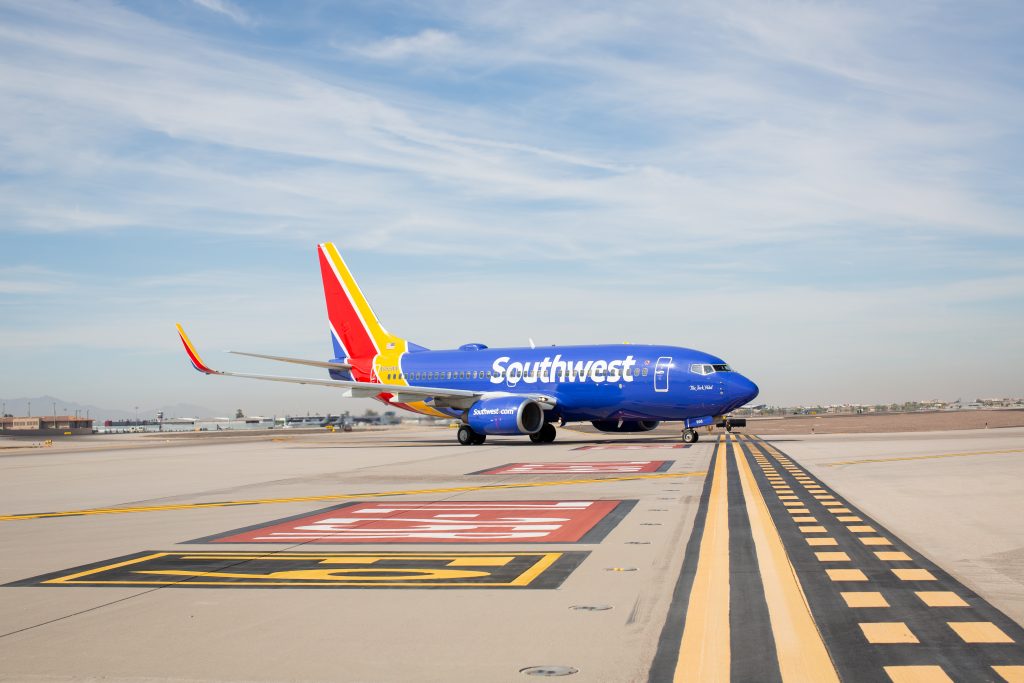
A Muslim woman who wears a hijab says a Southwest Airlines flight attendant stopped her from sitting in an emergency exit row seat in an incident that a leading civil rights organization has described as “textbook religious discrimination and profiling”.
Fatima Altakrouri was flying with her sister on a Southwest flight from Fort Lauderdale to Dallas on May 22 to visit their mother who had been taken to the ICU when the incident occurred. She has since taken up the case with the Council on American-Islamic Relations (CAIR) and recounted her story during a press conference on Tuesday.

Altakrouri and her sister were sitting apart when they realized the emergency exit row was unoccupied and both moved to the free row of seats in order to sit together. While Fatima’s sister, who doesn’t wear a hijab, was allowed to sit at the emergency exit, Fatima was allegedly told her return to her original seat.
Fatima claims the flight attendant told her the reason for moving her was because she “couldn’t speak English and would bring the whole plane down in an emergency.”
Fatima is of Palestinian heritage but was born and raised in the United States and speaks English. She believes the flight attendant made a judgement based on the fact that she was wearing a hijab.
“This is textbook religious discrimination and profiling,” commented the executive director of CAIR Texas, Faizan Syed. “You have two sisters, one who wears the hijab and the other who does not, and both board at the same time. One is denied the right to sit where she wants, while the other is encouraged to take a seat based on nothing else then perceived religiosity.”
Fatima says she spoke to the flight attendant in English but the crew member wouldn’t budge and insisted she couldn’t remain in the emergency exit row.
A spokesperson for Southwest says internal reports from the flight “do not support claims made by the passenger regarding comments or decisions being made based upon appearance”.
“The safety of our passengers is paramount, and individuals seated in an exit row are required to verbally indicate that they can perform certain duties inflight,” a spokesperson explained in an emailed statement. “Our Crew is responsible for getting that confirmation from a passenger before seating them in an overwing exit row and was unable to gain acknowledgement from the passenger during boarding. Therefore, as a courtesy, the Crew offered her an alternate seat.”
While the ability to speak English isn’t specifically listed as a requirement on Southwest’s website, passengers must be able to comprehend the instructions for operating the emergency exit and be able to follow oral instructions from flight attendants.
“Southwest neither condones nor tolerates discrimination of any kind,” the airline added. “Since Southwest Airlines’ inception, we have put People first and maintain a mutual respect for our fellow Southwest Airlines Employees, our Customers, and the diverse communities that we serve,” the statement continued.
Photo Credit: Stephen M. Keller / Southwest Airlines
Mateusz Maszczynski honed his skills as an international flight attendant at the most prominent airline in the Middle East and has been flying ever since... most recently for a well known European airline. Matt is passionate about the aviation industry and has become an expert in passenger experience and human-centric stories. Always keeping an ear close to the ground, Matt's industry insights, analysis and news coverage is frequently relied upon by some of the biggest names in journalism.








ah, southwest, what kind of people you hires?